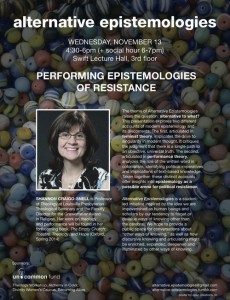You are invited to the 2014 -2015 inaugural meeting of the Theology and Religious Ethics Workshop next Tuesday, October 7, 12:00 – 1:20 pm in Swift 106.
We will briefly introduce our vision for the workshop this year and highlight some exciting events we will be bringing to the Swift and the University community this quarter and beyond. That will be a great time for students interested in Theology to meet each other, socialize, and meet the relevant faculty. Lunch will be served.
For the feast of the mind, Daniel Owings (MA student in Theology) will present his paper entitled “Warranted Christian Belief? The Noetic Effects of Sin as a Warrant-Defeater for Alvin Plantinga’s Model of Knowledge of God.” David Barr, a Ph.D. student in Ethics will respond.
The abstract is below:
The paper is a critique of Alvin Plantinga’s “Reformed Epistemology,” which construes Christian belief as knowledge in the strict philosophical sense. Essentially he argues that Christian belief, if true, constitutes warranted true belief; he admits that he cannot prove that the belief itself is true, but instead seeks to dispel the criticism of Christianity that “even if this is true, it’s so contrary to rationality that we have no reason to believe it.” Plantinga argues quite convincingly that we do have good reason to believe that it is true, and that therefore if it is true, then it should qualify as knowledge insofar as it would be warranted true belief. My critique argues that Plantinga relies on Calvin’s concept of the noetic effects of sin to show that other belief systems do not constitute knowledge, but that these same noetic effects of sin should render his own beliefs so uncertain that they could not possibly be knowledge. Plantinga is correct in saying that his beliefs are not inherently irrational, but he goes too far in arguing that they are knowledge.

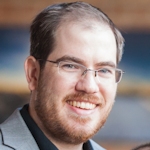 Monday, May 5, 2014 12:00 noon-1:25 pm Swift Hall, Room 400
Monday, May 5, 2014 12:00 noon-1:25 pm Swift Hall, Room 400 Monday, April 7, 2014 12:00 noon-1:25 pm Swift Hall, Room 200
Monday, April 7, 2014 12:00 noon-1:25 pm Swift Hall, Room 200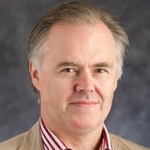 Thursday, February 27, 2014 4:30-6:00pm Swift Hall, Room 400
Thursday, February 27, 2014 4:30-6:00pm Swift Hall, Room 400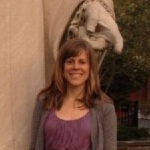 Monday, January 13, 2014 12:00 noon-1:30 pm Swift Hall, Room 200
Monday, January 13, 2014 12:00 noon-1:30 pm Swift Hall, Room 200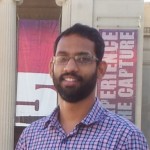 Monday, December 2, 2013 12:00 noon-1:30 pm Swift 106
Monday, December 2, 2013 12:00 noon-1:30 pm Swift 106
